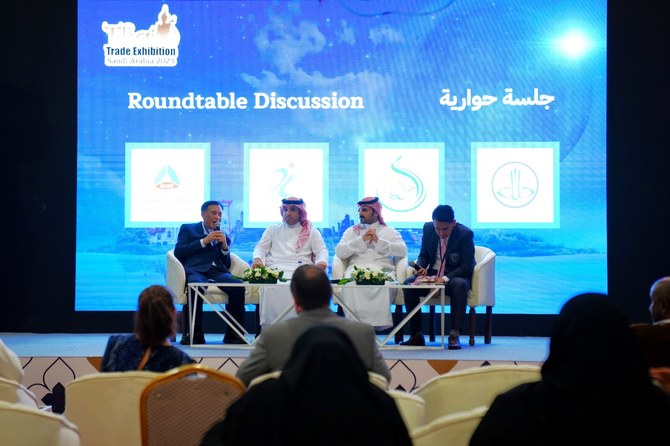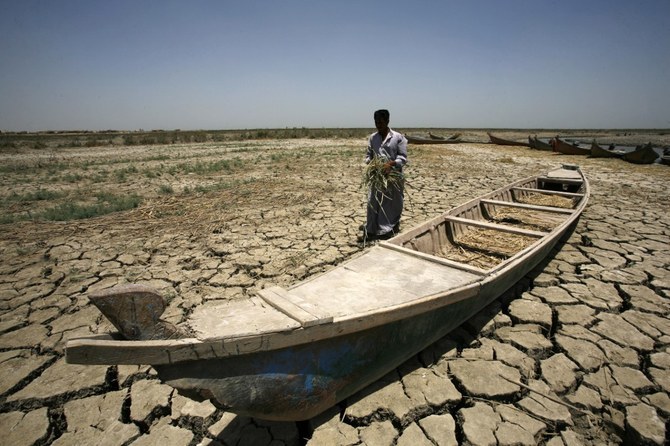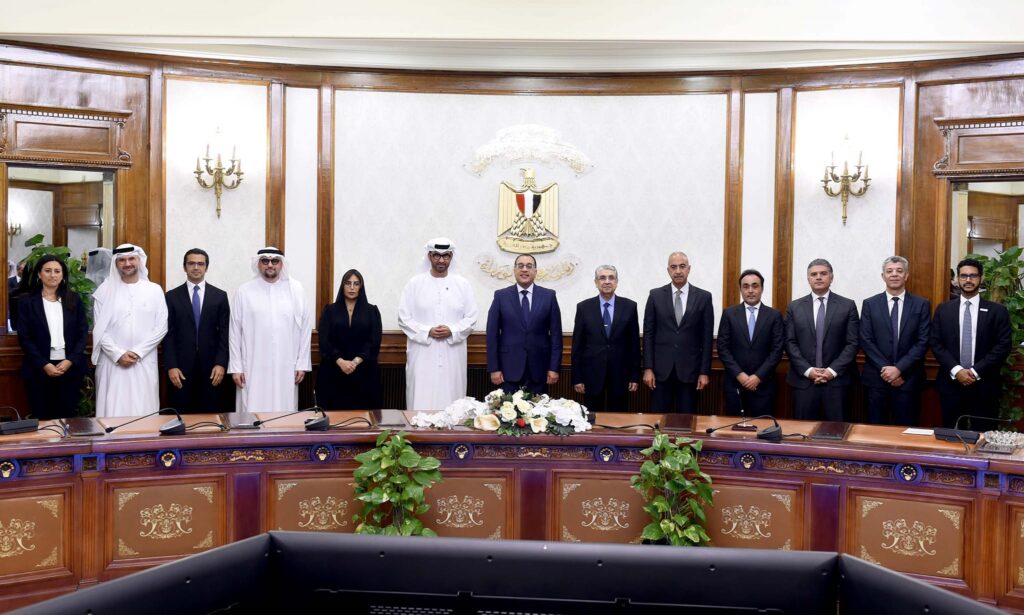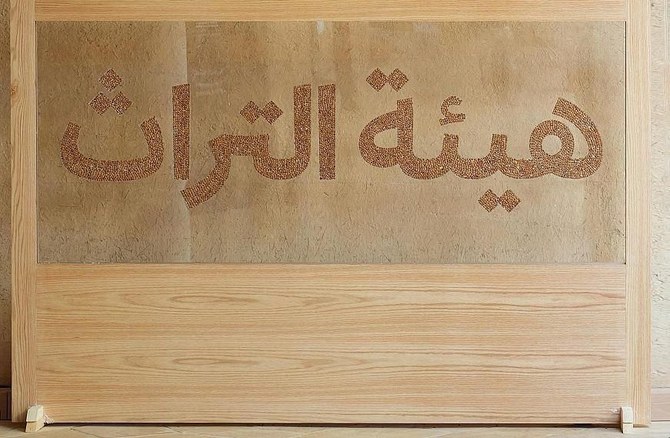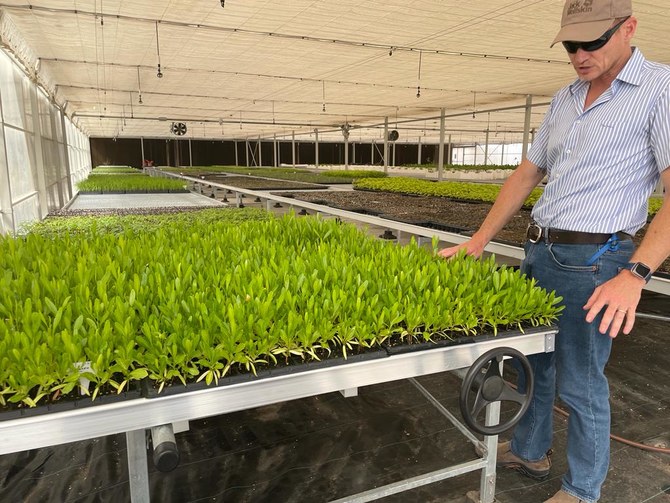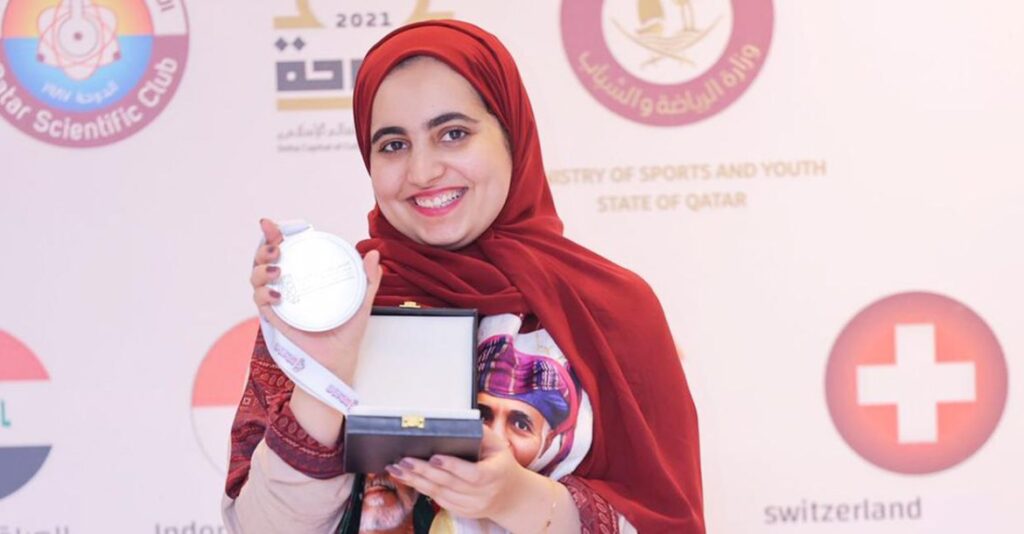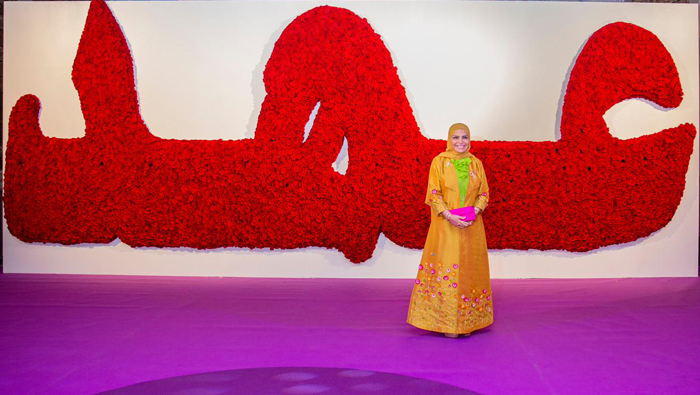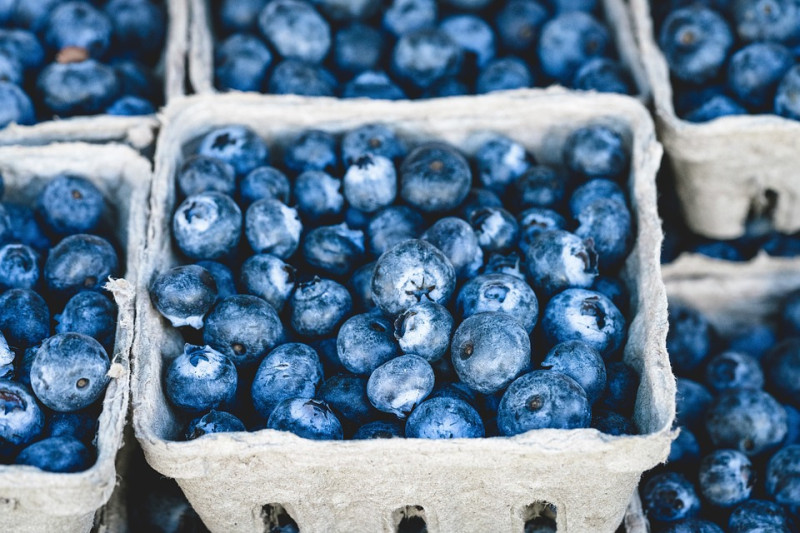Dubai Electricity and Water Authority (DEWA)’s Research and Development (R&D) Centre has filed a new patent for an innovative method for improving the performance of electrodes in lithium-ion (Li-ion) batteries, sodium–sulfur batteries, and electrolyte distribution batteries.
This is achieved by treating the electrodes chemically using a polymer to increase the number of active groups on the surface of the electrodes, which leads to improving their performance. The low-cost, environmentally friendly method requires low temperatures and ensures stable battery performance. This is part of the centre’s efforts to promote the technologies of energy production and storage.
The patent supports the pilot project for energy storage that DEWA has inaugurated at the Mohammed bin Rashid Al Maktoum Solar Park using Tesla’s lithium-ion battery solution. The project has a power capacity of 1.21 MW and an energy capacity of 8.61 MWh with a life span of up to 10 years. This pilot project is the second battery energy storage pilot project by DEWA at the solar park. The first project was implemented in collaboration with AMPLEX–NGK to install and test a sodium sulphur (NaS) energy solution with a power capacity of 1.2 MW and an energy capacity of 7.5 MWh. This was the first utility-scale energy storage pilot project in the region.
Saeed Mohammed Al Tayer, MD & CEO of DEWA, said, “Our strategies and plans are inspired by the vision and directives of His Highness Sheikh Mohammed bin Rashid Al Maktoum, Vice President, Prime Minister and Ruler of Dubai, to ensure energy security and sustainability, as well as improve energy efficiency. DEWA relies on research and innovation to support the development of energy storage technologies and increase the share of clean and renewable energy. This supports the Dubai Clean Energy Strategy 2050 and the Dubai Net Zero Carbon Emissions Strategy 2050 to provide 100 percent of Dubai’s total power production capacity from clean energy sources by 2050. DEWA is working on other energy storage projects, including using Concentrated Solar Power (CSP) at the 4th phase of the Mohammed bin Rashid Al Maktoum Solar Park, the 250MW hydroelectric power plant in Hatta with a storage capacity of 1,500 megawatt-hours, and the Green Hydrogen project to produce and store hydrogen using solar power.”
“DEWA’s R&D Centre is a global platform that provides innovative solutions and technologies for the operations and services of the utility sector worldwide. This maintains DEWA’s worldwide leadership and enhances Dubai’s position as a global hub for research and development in solar power, smart grids, water, energy efficiency, and capacity building in these sectors. The R&D Centre improves the services provided by DEWA to customers by developing the latest technologies and sustainable solutions for energy and water and conducting applied research,” Al Tayer continued.
“The R&D Centre at the Mohammed bin Rashid Al Maktoum Solar Park enriches the scientific community in the UAE and the world. This is through disseminating knowledge and nurturing the talent of Emirati researchers,” Waleed bin Salman, Executive Vice President of Business Development and Excellence at DEWA, added.
source/content: wam.ae (headline edited)
______________

Saeed Mohammed Al Tayer, MD & CEO of DEWA
_________________________________________
DUBAI, UNITED ARAB EMIRATES (U.A.E)
